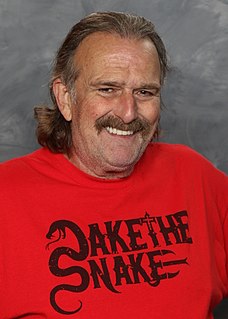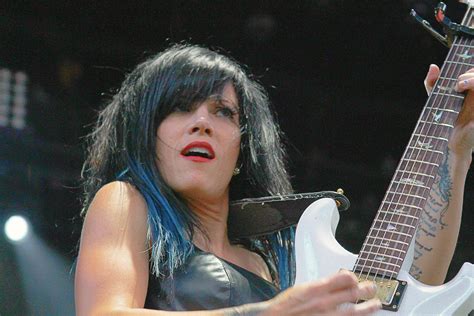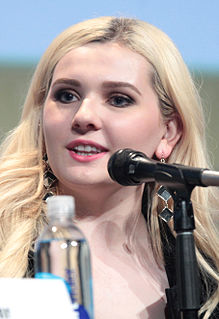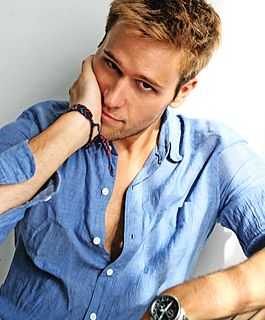A Quote by Scott Baio
People can think what they want to think, I don't go after people. I think most people I talk to, like me, are very quiet and keep to themselves, they maintain their lives.
Related Quotes
I think there's sometimes too much attention to a few people who do hold extreme views. Most Americans go about their lives living in communities that are increasingly multiethnic, increasingly multi-religious. And they are welcoming of people who are not like themselves. Now, I don't have rose-colored glasses about America, because I grew up in the segregated South. But I watch it every day. I think that Americans are very tolerant people.
I'm not really into religion, OK. I saw a lot of things I did not like when I got into organized religion. I think a lot of people abuse it, I think a lot of people use it, I think a lot of people make it what they want. And me, my faith and my relationship with God is very personal. And it's not anybody's damn business how we talk.
It means a lot to me that people appreciate what I do. That's why I give a lot of importance to my fans and I like to maintain a certain proximity to them. I already feel very thankful that people enjoy my work so much, and becoming famous is not my ultimate goal. I think it's important to keep a good balance between what I want to do and what people want to hear; otherwise I might fall into the dark side.
I think you should identify with your character, but plenty of people like themselves and hate themselves. You just have to find out what's truthful for the person you're playing. When people talk about that, I think what they're saying is that as an actor, as Peter, you don't want to make a judgment that comes from your worldview about the character. Your judgments should be coming from the place of the character, and within that space, sure, you could love or hate yourself or whatever you think is most appropriate.
I think people are surprised that I'm not - I think people come up to talk to me, and they think I'm going to be really morose. And I am, but I do that by myself - no one wants to see that. It's not really a phoniness; I just kind of keep it to myself. So I think people are surprised when they come up to talk to me and I hug them.
People think that I'm mean because I'm quiet, and I don't really go out places or because I don't really say too much. On the other hand, people think that I'm soft because I may not handle myself the way other people handle themselves. That's just not me. They don't know my background or none of that stuff.
I think poetry always lives its life, and people come to it and people go away from it, 'people' in the sense of larger numbers of people. It's as though you begin to think that poetry is a resource, and that at certain times people seem to need it or want it or can find sustenance in it, and at other times they can't.
I think that more so, my wonderful skill of dissociation came in very handy. I care very much what other people think. I'm a total pleaser. I want everyone to like me all the time. I feel like people who don't feel that way on some level are lying, but particularly female memoirists. We want to be seen and we want to be forgiven. So that occurred to me very early on.
The way the left is reacting to the death of Fidel Castro up against the incontrovertible facts of who he was, you want to talk about a disconnect. In fact, I don't think it is a disconnect. I think the left, the power brokers, the leaders, I think they actually did admire the guy. I think this is what they think Castro's power - I've always said, the people have asked me, how do these actors and people and these leftist politicians, how come they admire people like this? I said, "They envy their power." And I think there may be a lot to that.
I think it's really easy for people to point out hypocrisy in people's lives. It's like yeah, I get on planes a lot, and I drank from a plastic water bottle today - you know what I'm saying? A lot of people would just be like, "Oh, you're a hypocrite. You live in an ecovillage for a month, and then you fly around the world to talk about a movie." Don't think that I don't think about those things! Don't think that that's not, like, a quandary in my life. It can be a pretty intense ethical dilemma. I think it's about figuring out, you know, navigating life.
I think that connection with humans is so important. Sometimes I'll do this monologue and talk to the crowd, like, 'Come on, let's really connect here.' I don't think a lot of people understand it's a two-way exchange. Some people go to a show and are like, 'Yeah, you make me feel.' That's not how it works.




































